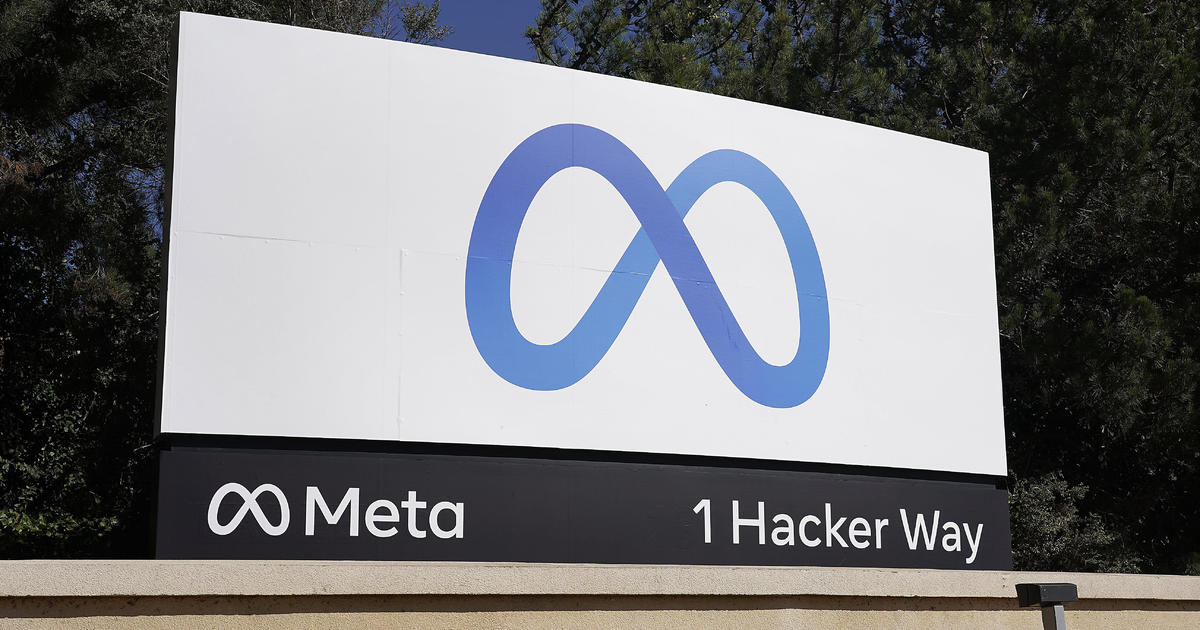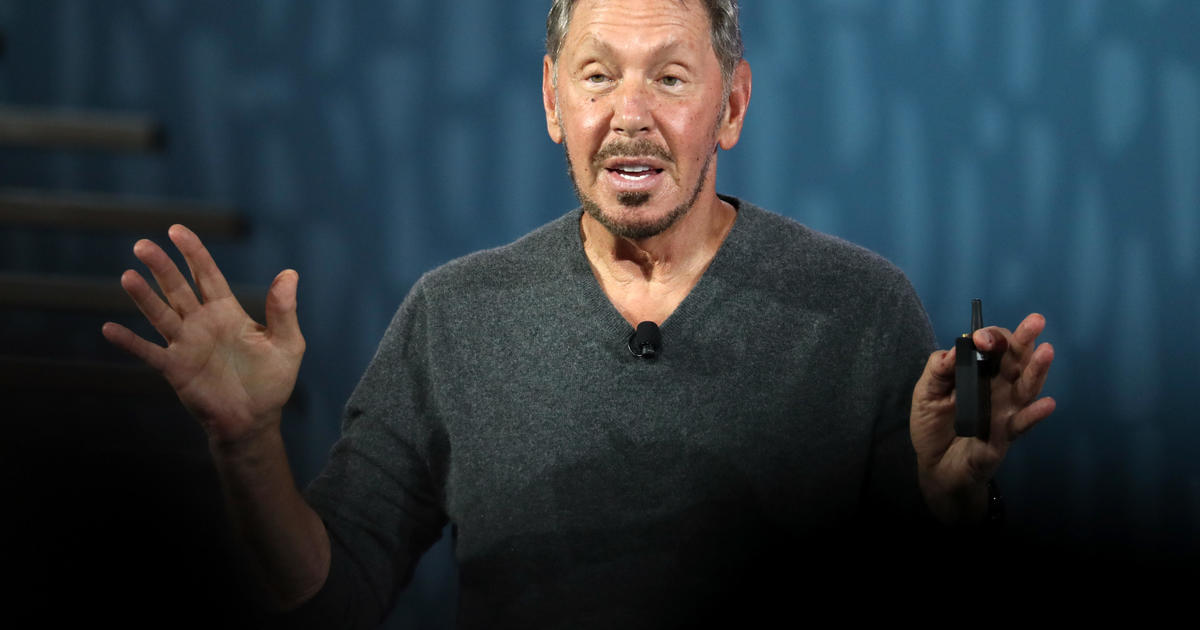Analyst Pegs California Budget Deficit At $25.4 Billion
SACRAMENTO (AP) -- California's nonpartisan legislative analyst reported Wednesday that the state's budget deficit has grown to $25.4 billion, including a $6.1 billion shortfall in the spending plan Gov. Arnold Schwarzenegger signed just weeks ago.
The deficit includes a $19.3 billion gap for the 2011-12 budget year that runs through June 2012, legislative analyst Mac Taylor said, more than a fifth of the $86.6 billion general fund spending plan approved on Oct. 8.
Fixing the state's structural deficit will entail "unavoidably painful sacrifice" for Californians who have already weathered successive years of massive cuts, Taylor said.
Gov.-elect Jerry Brown will be forced to confront the problem when he is sworn into office in January. He faces a constitutional deadline to present a balanced budget just a week later.
A spokesman for Brown, Evan Westrup, said Wednesday the Democrat will be "diving deep" into the budget when he returns from vacation next week. "Our transition team is closely reviewing the report and will closely consider its findings moving forward," Westrup said.
Much of the gap in the current budget year was foreseeable when lawmakers approved the 2010-11 budget in October, more than 100 days late. The spending plan was filled with gimmicks, cost shifts and about $3.5 billion in federal funding that won't materialize.
Taylor said that budget also relied on putting aside nearly $800 million less for prison medical care than is possible and $400 million in Medi-Cal savings that are impossible because of the late budget and current costs, Taylor said.
"The temporary nature of most of the Legislature's 2010 budget-balancing actions and the painfully slow economic recovery" will also affect next year's spending plan, he said.
Fixing the state's structural budget deficit will be even harder now, as lawmakers have already slashed the programs that account for more than half the state budget — education and Medi-Cal, the state's health insurance program for the poor. There are restrictions on how much more can be cut from each.
Lawmakers and the governor "are going to have to look at revenues, they are going to have to look at taxes," Taylor said at a news conference. "They have to look at everything if we're going to have a chance of closing this."
The newly elected Assembly minority leader, Connie Conway, R-Tulare, immediately ruled out increasing taxes.
"The people of California have repeatedly made it clear that they don't want to pay higher taxes to fund Sacramento's budget mistakes," Conway said. "Republicans will fight any effort to raise taxes to fund more irresponsible overspending."
The legislative analyst expects California to face annual budget problems of about $20 billion each year through 2015-16. He painted a grim picture for the state's future if lawmakers do not tackle the ongoing structural deficit, saying the state's efforts to rebuild aging infrastructure, rein in pension liabilities and maintain services would be crippled.
He recommended California adopt a multiyear budget cycle such as those in some other states.
The 2010-11 budget is down from a general fund of nearly $103 billion in 2007-08, reflecting the sharp downturn in California's economy during the recession. As a result, lawmakers have reduced spending in nearly all areas of state government, from public education to state parks.
In a visit to the state Capitol last week, Brown received a briefing from Department of Finance officials and said the budget deficit was "as bad as you could imagine."
He has called for a statewide dialogue about what government services Californians consider most valuable, as well as those the state can no longer afford.
Schwarzenegger has sought budget reforms and this year won concessions from public employee unions that require state employees to contribute more toward their pensions.
"This is exactly why the governor pushed for more cuts and underscores the importance of the budget and pension reforms he won," said Schwarzenegger's spokesman, Aaron McLear.
But the report Wednesday said $400 million in savings on state-employee pay that the administration was counting on from the revised contracts won't be realized.
Senate minority leader Bob Dutton, R-Rancho Cucamonga, urged the governor to call the Legislature into a special session to take up the budget crisis once lawmakers are sworn in on Dec. 6.
"This is clearly a fiscal emergency that needs immediate action. We need to roll up our sleeves and get to work right now, because every day we wait makes matters worse," Dutton said.
Even before any fixes that will help rein in the deficit, California's beleaguered public schools will see revenues fall another $4 billion to $5 billion next year, Taylor said. About $2 billion is due to the expiration of temporary tax increases the Legislature approved last year, and much of the rest is due to the end of federal stimulus funds.
Because of ongoing budget shortfalls, California State University chancellors on Wednesday approved a 15.5 percent fee increase by next fall, and the University of California system is also considering further fee increases to offset falling state income.
Compromise inside the already partisan state Legislature could be even more difficult because of several measures voters approved in last week's election. One means that lawmakers will only require a simple majority to pass a budget, but voters also increased the threshhold for fee increases or tax swaps to two-thirds of the state Legislature.
They also approved Proposition 22, which prohibits the state from borrowing money from local governments, which Taylor said will cost the state $800 million next year.
(© 2010 The Associated Press. All Rights Reserved. This material may not be published, broadcast, rewritten or redistributed.)



